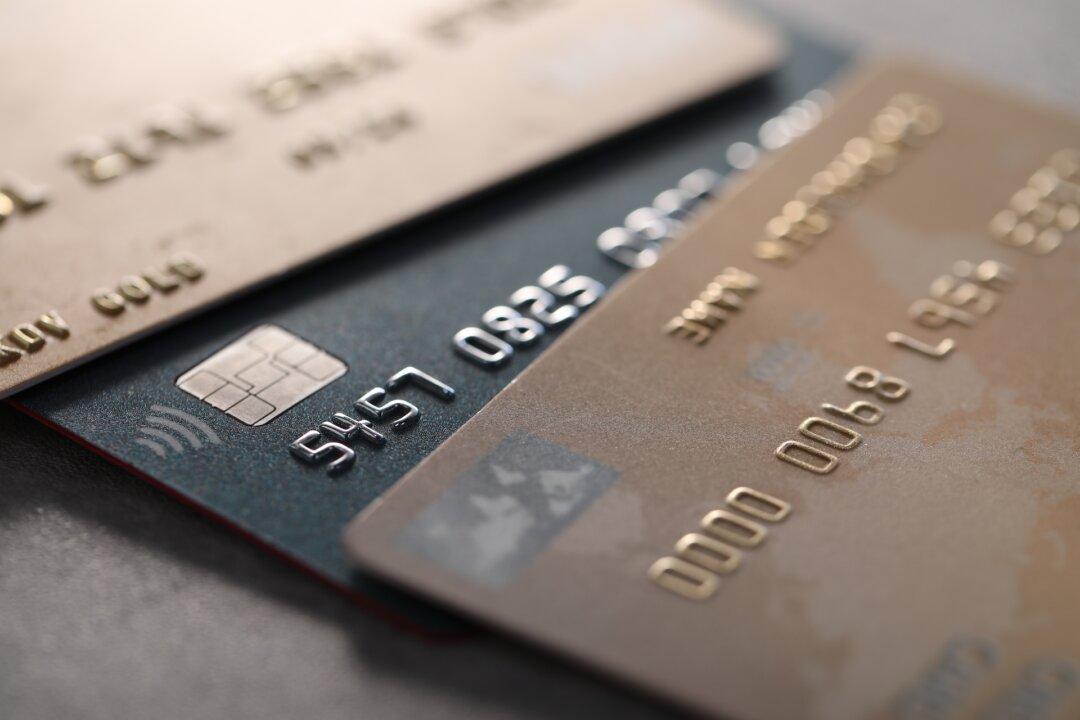You’re behind on your credit card payment and have just learned the debt has been charged off by the issuer.
That might sound positive. But it’s not a time for celebration. You’re still responsible for paying your debt.

You’re behind on your credit card payment and have just learned the debt has been charged off by the issuer.
That might sound positive. But it’s not a time for celebration. You’re still responsible for paying your debt.